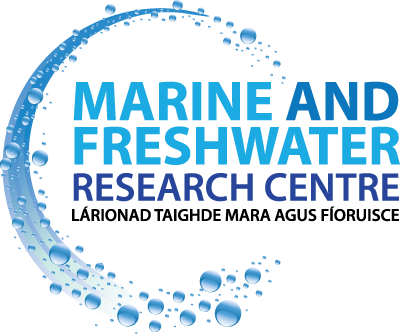Mytilus species complex genomics
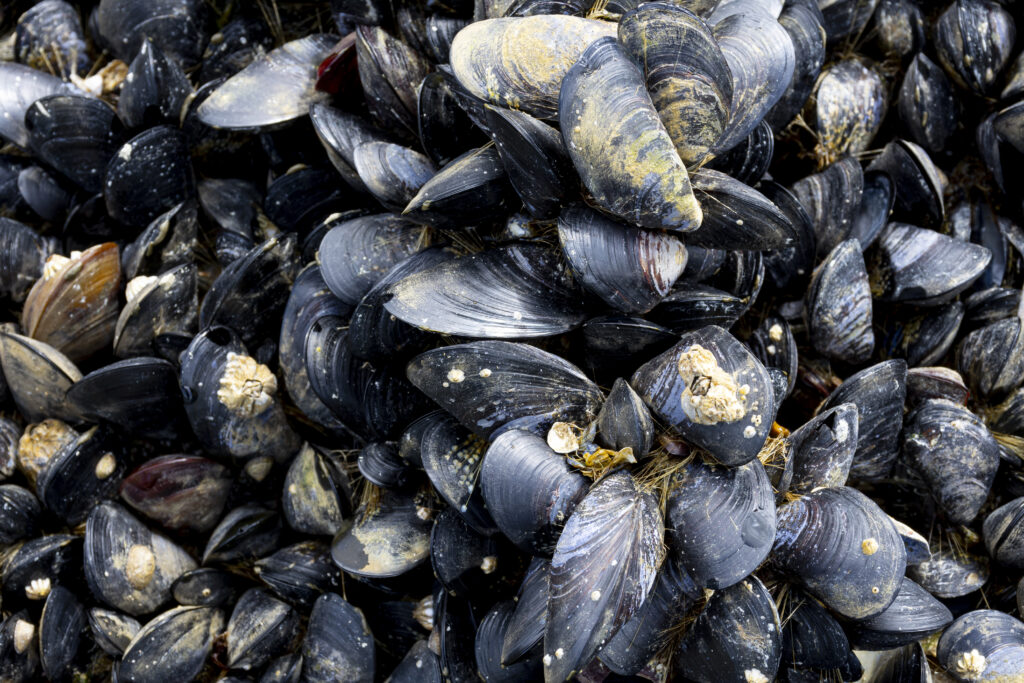
The blue mussel (Mytilus spp) is an ecologically and economically important marine bivalve that plays key roles in coastal ecosystems as well as the seafood industry. This species is found around the entire Irish coast, where it co-occurs and hybridizes with the non-indigenous Mediterranean mussel (Mytilus galloprovincialis). A better understanding of genetic structure and connectivity […]
Using desmid community diversity as an indicator of land use impacts in blanket bog catchments
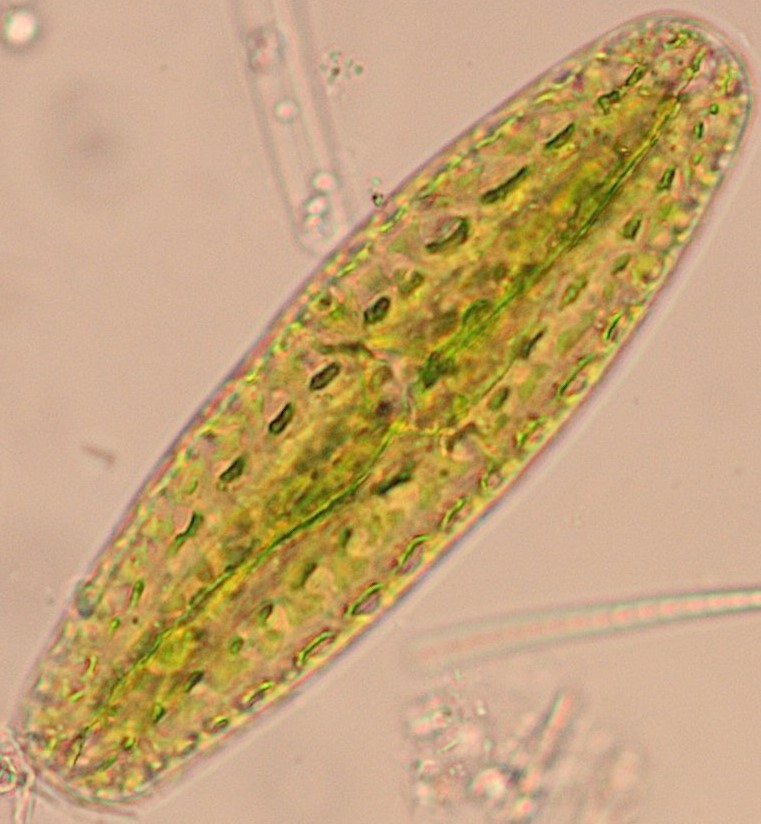
This NPWS funded research project (2023) is led by ATU Galway City. The aim of this project is to identify differences in desmid (a type of phytoplankton) community composition among dystrophic lakes impacted by different land-uses (grazing, peat cutting, forestry and unimpacted). This information will be used to develop desmid species lists to indicate whether […]
Nephin Forest Lakes Project
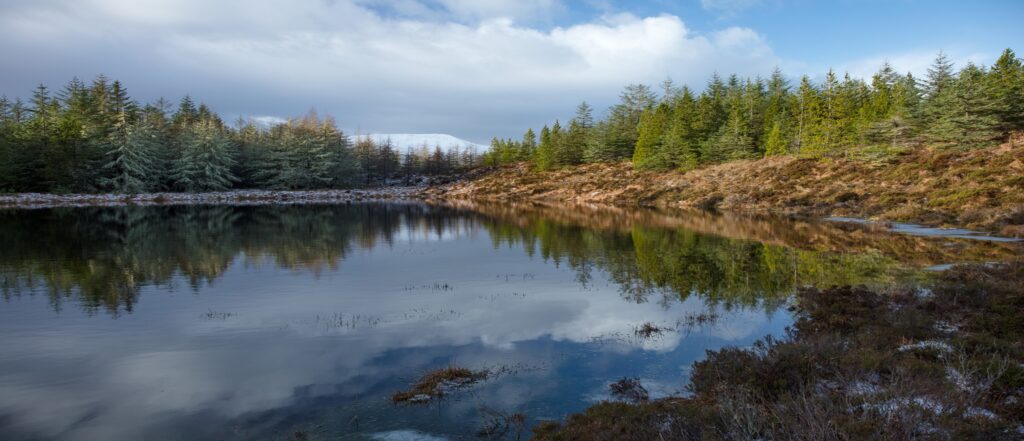
This NPWS funded research project (2023-2024) is led by ATU Galway City. The multi-disciplinary team are gathering and assessing baseline data on unmonitored lakes and pools within Nephin Forest, located within Wild Nephin National Park. The team will determine a baseline list of biological communities, comprising aquatic and semi-aquatic plants, invertebrates and vertebrates of dystrophic […]
STRAITS
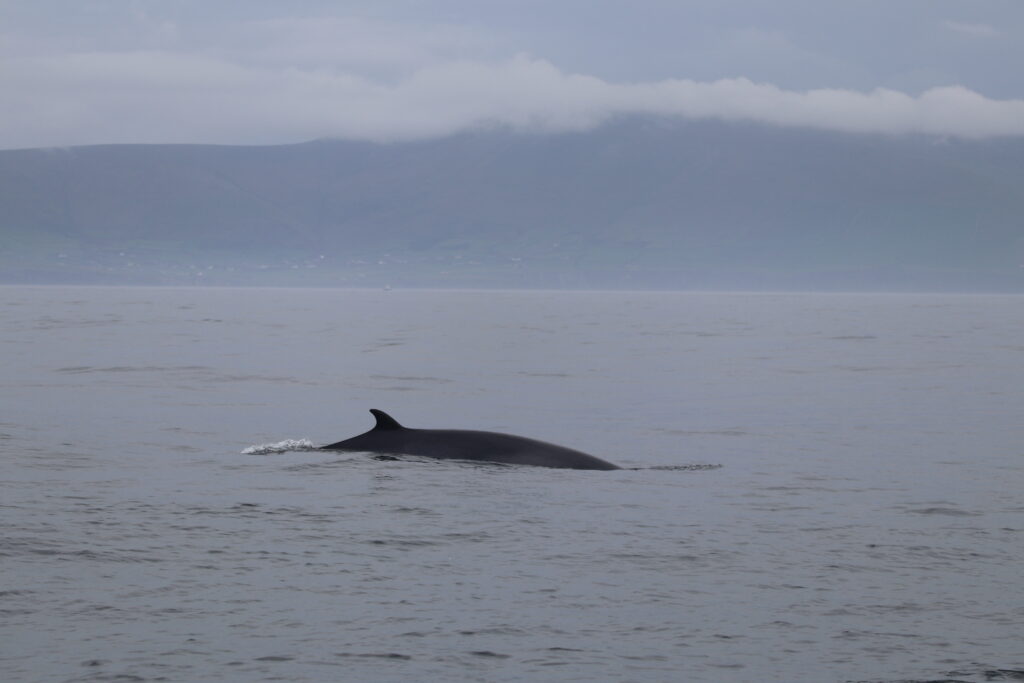
Strategic Infrastructure for improved animal Tracking in European Seas (STRAITS) This project aims to provide a newly integrated and coordinated European marine tracking network under the auspices of the ETN, a developing international consortium on aquatic tracking. STRAITS aims to address the major biodiversity monitoring gaps across Europe by installing and supporting major marine infrastructure […]
Waves of Change
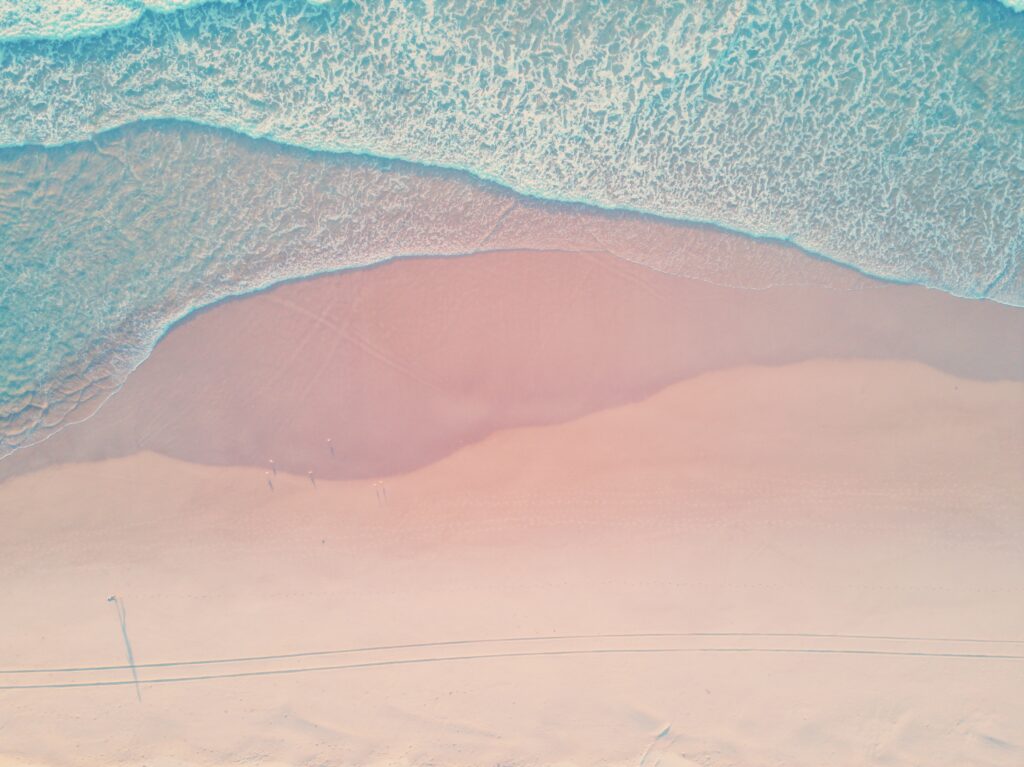
Based on the 7 Ocean Literacy Principles, on the Sustainable Development Goals and on the United Nations Decade of Ocean Science for Sustainable Development, Waves of Change is a project that aims to promote sustainable development and circular economy values through ocean literacy and stakeholder engagement. Building upon existing knowledge and partnerships, this project will […]
AquaVitae H2020
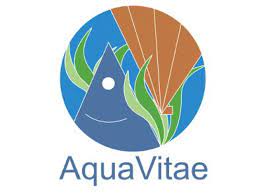
AquaVitae is a new research and innovation project funded by the EU’s Horizon 2020 programme and coordinated by Dr Philip James of Nofima in Norway. The project consortium consists of 36 partners, from 16 different countries, spread across four continents. In addition to Europe, partners are situated in countries bordering the Atlantic Ocean, including Brazil, […]
Biodiversity Conservation and Restoration in Nephin Forest
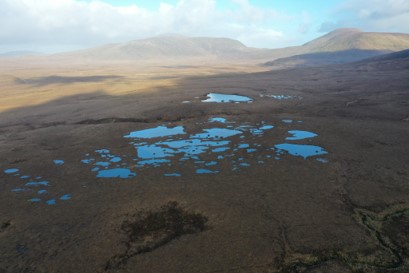
This Marine Institute funded research project (2021-2025) is led by ATU Galway City in partnership with Marine Institute Newport. The multi-disciplinary team are gathering and assessing baseline data on habitat composition and structure, and bird populations within the Nephin Forest area of Wild Nephin National Park against which future restoration actions can be measured. In […]
Role of seaweed aquaculture in marine ecosystems
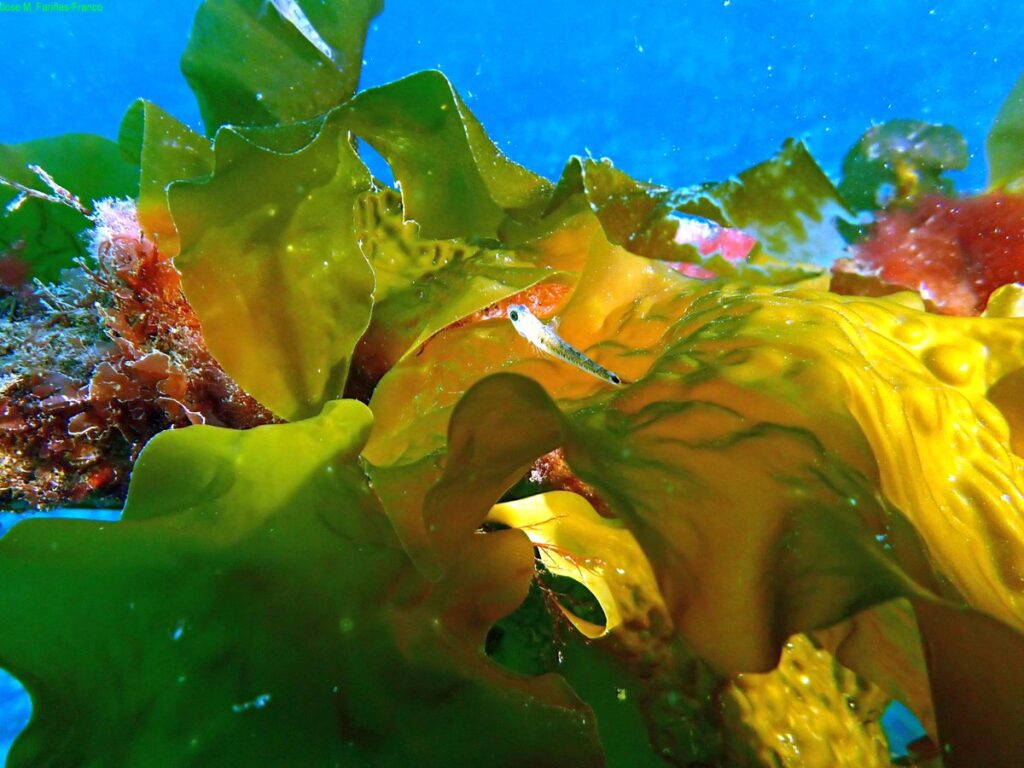
This RISE project builds up on previous field and laboratory investigations conducted in GENIALG aiming to quantify the effect of kelp aquaculture on marine ecosystems. The projects focuses on their impacts on benthic communities and their role in food webs, as biodiversity reservoirs and nursery habitats for fish. This project will determine and quantify the […]
BASEMAN
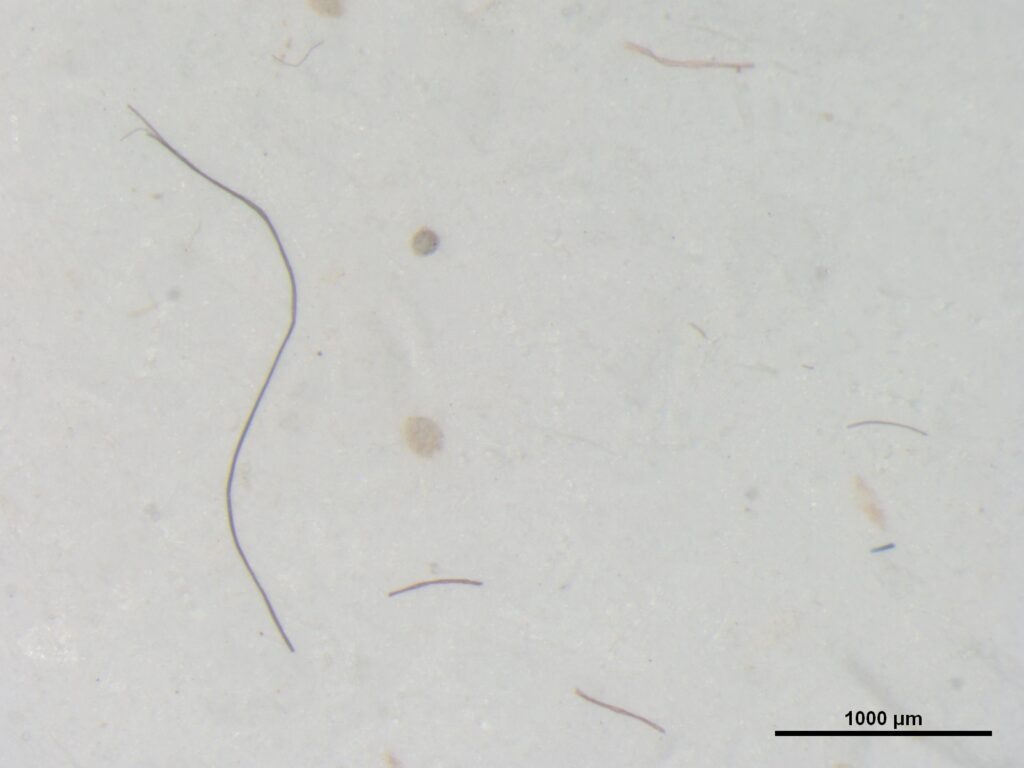
Defining the baselines and standards for microplastics analyses in European waters (BASEMAN) is an international collaborative and interdisciplinary research project funded by JPI Oceans Aims Although microplastics (MP) are recognized as an emerging contaminant in the environment, currently neither sampling, extraction, purification nor identification approaches are standardized, making the increasing numbers of MP studies hardly […]
Humpback Whales in Irish Waters
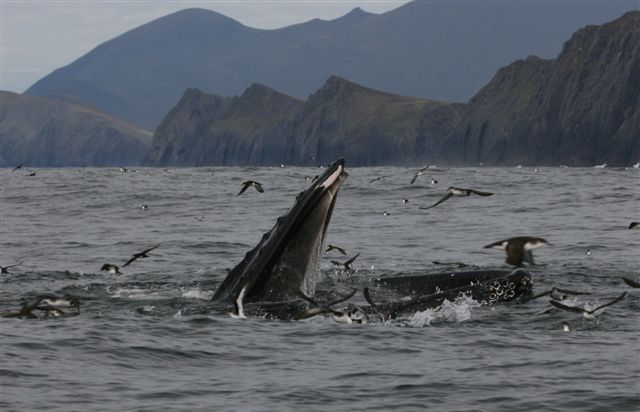
Humpback whales are iconic species in coastal Irish waters. The Irish Whale and Dolphin Group, through its https://iwdg.ie/whale-track-ireland/ project have built photo-ID catalogue spanning a 20 years. These data coupled with a strong partnership between the IWDG and GMIT are able to support a PhD student, Miguel Blázquez Hervás (see https://mfrc-atu.ie/meet-the-team/miguel-blazquez-hervas) The project will aim […]
